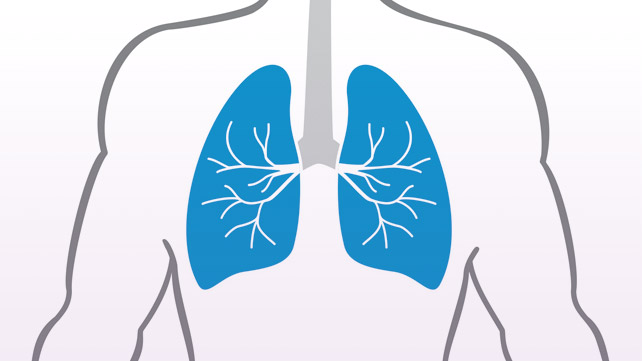COPD According to the CDC
Chronic Obstructive Pulmonary Disease, COPD, is a diagnosis for several conditions that cause airflow blockage and chronic breathing-related problems. COPD is a leading cause of death in the United States. It affects 16 million Americans and millions more have not been diagnosed. Tobacco smoke is a key factor in the development and progression of COPD. In addition, exposure to air pollutants, genetics, and respiratory infections can play a role.
COPD is considered an urgent health concern by the National Institute of Health. In 2017, a COPD National Action Plan was created through a collaboration between affected patients and relevant agencies.
DID YOU KNOW?
- COPD is more common in our area (Southern states along the Mississippi River)
- Although the majority of patients diagnosed with COPD currently smoke (39%) or formerly smoked (36%), 25% of them have never smoked
- According to the National Heart, Lung and Blood Institute, of the six leading causes of death, COPD is the only one that has not seen a decline in the last several years
- Women are more likely to be diagnosed with COPD than men
- People with a rare condition called alpha-1 antitrypsin (AAT) are at an increased risk of COPD
For many people, worsening symptoms of COPD are often ignored.
It might seem that shortness of breath, chronic coughing, and wheezing would immediately alert a person that a doctor visit is needed, but the the National Heart, Lung, and Blood Institute (NHLBI) reports that many people attribute these symptoms to aging and being “out of shape” resulting in a delayed or no diagnosis. Other symptoms of COPD include excess phlegm/mucus and trouble taking deep breaths.
Complications and Effects of COPD
- Difficulty breathing during physical activity, walking, and climbing
- Being unable to work and engage in social activities
- Increased confusion and memory loss
- Need for special equipment such as oxygen tanks
- Increased ER visits, hospital stays, and risk of other long-term diseases
- Depression and emotional conditions
There is no cure for COPD, but many different treatments and programs can help people who suffer with the disease.
COPD can lead to long-term disability and death. However, managing the disease can greatly improve a person’s quality of life. The CDC recommends quitting smoking (the number one most important part of treatment for a smoker with the disease), avoiding air pollutants at work and home whenever possible, pulmonary rehabilitation, taking medications, avoiding lung infections (getting the relevant vaccines and steering clear of people who are sick) and using portable oxygen when needed.
St. James Parish Hospital offers a diverse Medical Staff and many local services to help patients diagnose and treat COPD. Our goal is to help patients “live” with COPD by helping them maintain their best possible quality of life.
Outpatient Cardiopulmonary Services
- Basic spirometry
- Basic spirometry pre and post bronchodilator
- Arterial blood gas testing
- COPD Physical Therapy / Pulmonary Rehabilitation
- Chronic Care Management
- Alpha-1 antitrypsin (AAT Genetic Testing)
Inpatient Cardiopulmonary Services
- Arterial blood gas testing
- Inhalation treatments
- Oxygen therapy
- Peak flow
- Chest physiotherapy
- BiPAP and CPAP
- Smoking cessation information
- MDI (metered dose inhaler) administration and education with spacer
- COPD education


